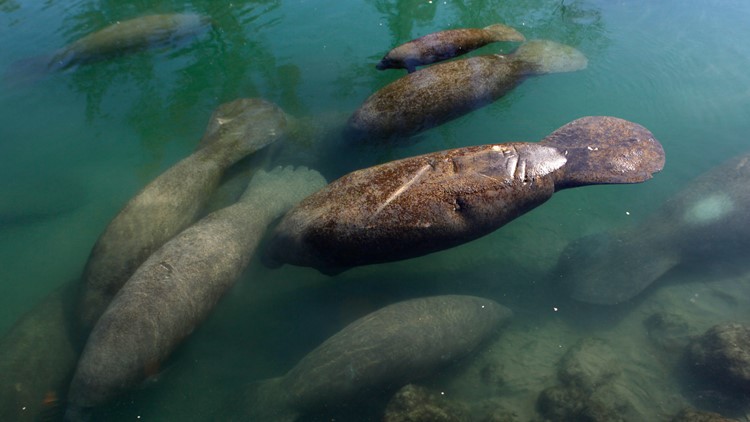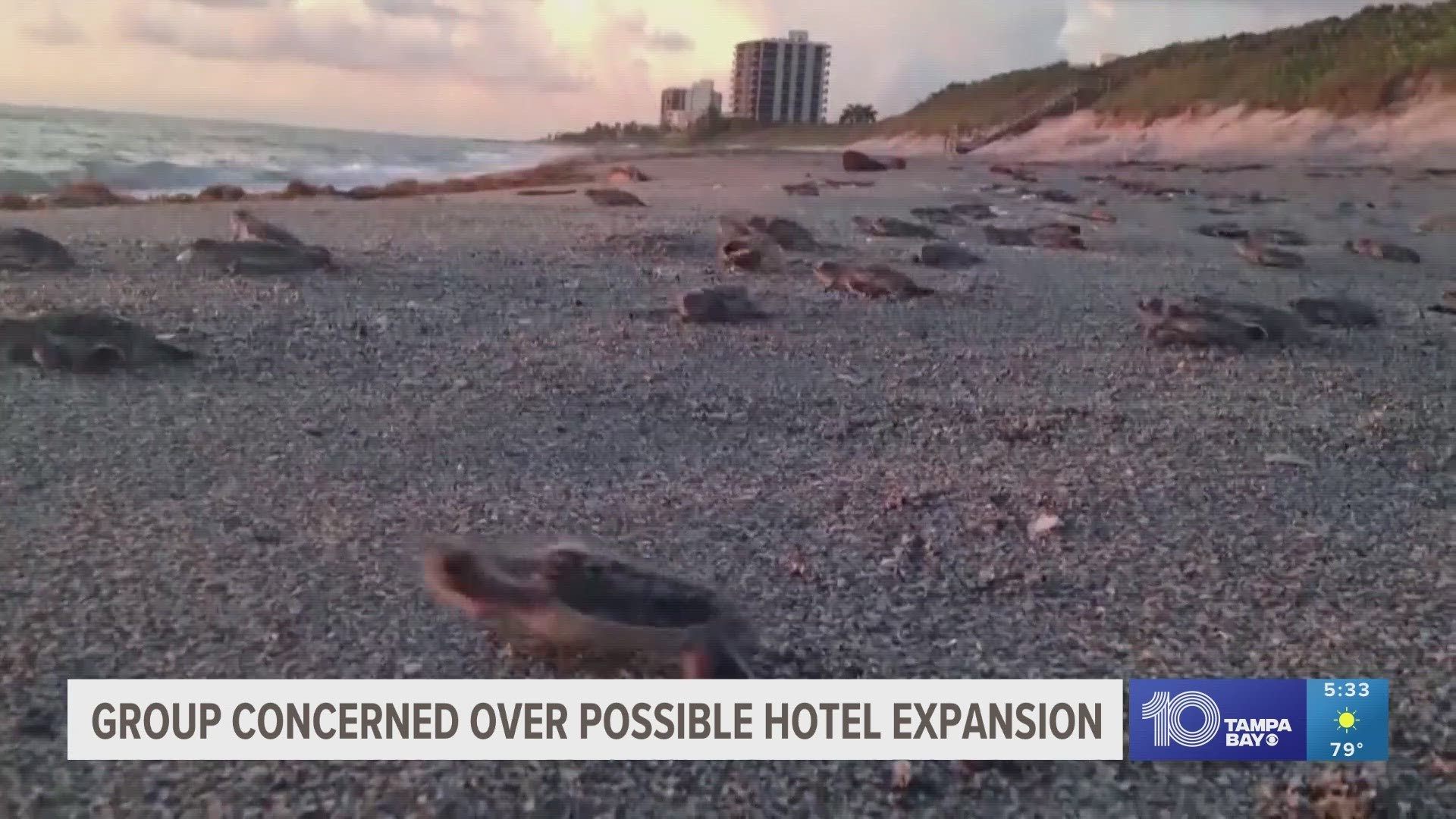ST. PETERSBURG, Fla. — With Florida seeing a record number of manatee deaths this year, environmental groups are putting part of the blame on the federal government.
The Center for Biological Diversity, Defenders of Wildlife and the Save the Manatee Club filed a notice of intent to sue the U.S. Fish and Wildlife Service, claiming the agency violated the Endangered Species Act by not updating critical-habit areas that protect the sea cow.
"Revised critical habitat is necessary to provide these imperiled marine mammals life-saving protections, to enhance their recovery, and to reduce the risk of their extinction," the notice reads.
The group alleges that U.S. FWS designated critical habitats for manatees in 1976 - two years before the Endangered Species Act added amendments defining what those areas were. At the time, the groups say the areas that were listed were just known as areas where there was a concentration of manatees.
"As a result, the designation does not describe any specific physical or biological features, like seagrass or warm water springs, that are essential to the conservation of the manatee," the Center for Biological Diversity said in a news release.
Manatees were removed from the endangered species list in 2017 and listed as "threatened." But, with the historic number of deaths happening this year, lawmakers have introduced legislation to upgrade their status back to "endangered."
As of Aug. 6, 905 manatees have been reported dead in Florida, according to the Florida Fish and Wildlife Conservation Commission. That number is more than 2020 and 2019's combined totals and more than each of the last six years.
The general conclusion FWC has reached is that the manatees are starving due to the loss of seagrass in the Florida's waterways. Manatees are being found severely emaciated – sometimes 40 percent underweight.
Many parts of Florida are dealing with harmful algae blooms, like red tide and blue green algae, which are contributing to the seagrass die-off. In Indian River Lagoon, where a majority of the deaths are being recorded, 58 percent of seagrass acreage has died since 2009, FWC says.



